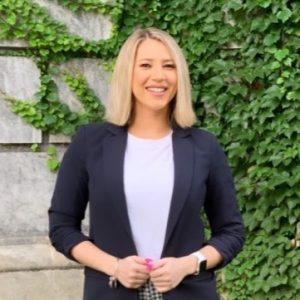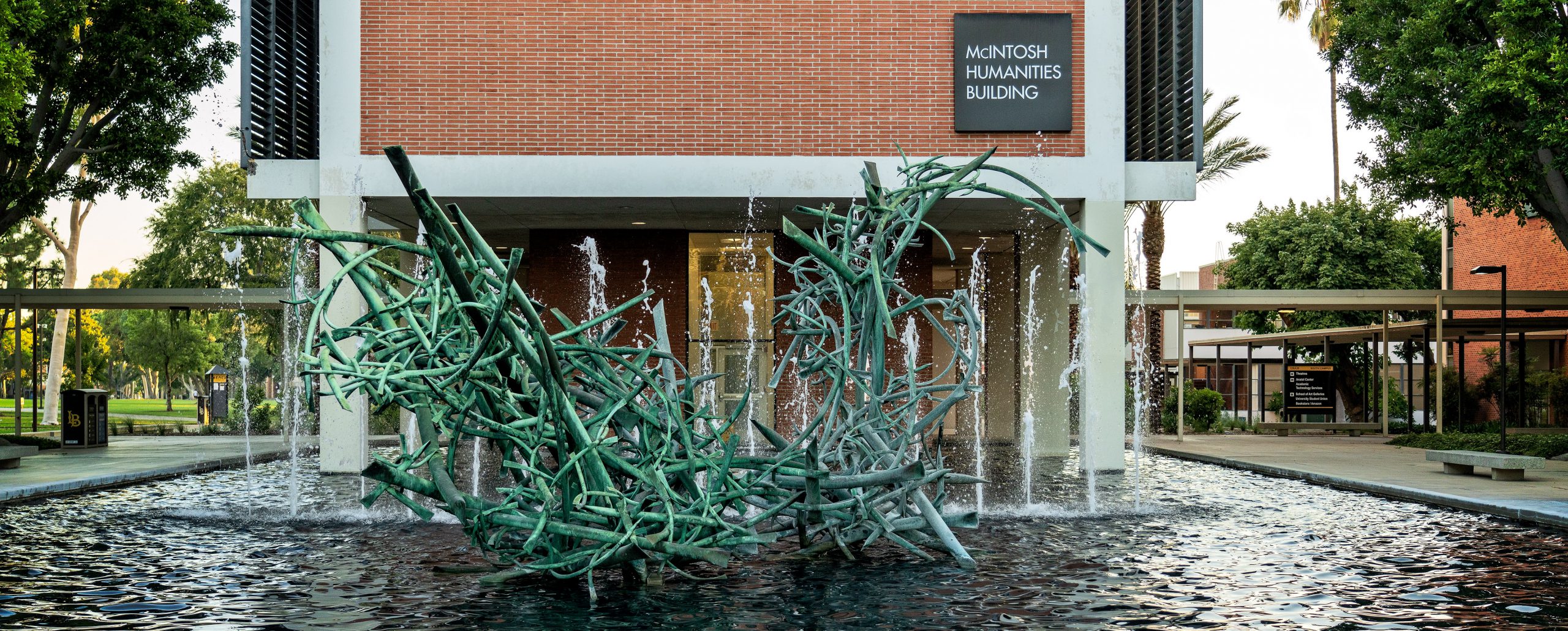Congratulations to CHLS alum Tiffany Schultz
April 12, 2022Tiffany Schultz, Colombia, ETA (Class of 2013)
 “It’s complicated” was my response when people used to ask why I was not fluent in Spanish even though my family is Mexican-American. After emigrating from Mexico to the U.S., my relatives experienced bias and prejudice when they spoke Spanish, so English became the predominant language in my household. Feeling a sense of loss and disconnection from my Mexican heritage, I dedicated years in the classroom and in communities to learning Spanish through cultural activities like dancing, playing soccer, and participating in traditions like quinceañeras, Las Posadas, and Día de Los Muertos. Though my journey to becoming a Spanish speaker has taken a lot of patience and forced me to overcome feelings of embarrassment and self-doubt, it has made me a more confident person through lessons of persistence and releasing the pressure of perfection. With that transformative journey in mind, I will be an empathetic ETA that helps build the self-esteem of students and is attentive to both their academic and emotional needs.
“It’s complicated” was my response when people used to ask why I was not fluent in Spanish even though my family is Mexican-American. After emigrating from Mexico to the U.S., my relatives experienced bias and prejudice when they spoke Spanish, so English became the predominant language in my household. Feeling a sense of loss and disconnection from my Mexican heritage, I dedicated years in the classroom and in communities to learning Spanish through cultural activities like dancing, playing soccer, and participating in traditions like quinceañeras, Las Posadas, and Día de Los Muertos. Though my journey to becoming a Spanish speaker has taken a lot of patience and forced me to overcome feelings of embarrassment and self-doubt, it has made me a more confident person through lessons of persistence and releasing the pressure of perfection. With that transformative journey in mind, I will be an empathetic ETA that helps build the self-esteem of students and is attentive to both their academic and emotional needs.
Growing up with a Mexican mother and White father in a predominantly Mexican, immigrant, low-income community in California, I learned early the complexities of intersectional identities and the lack of financial and educational opportunities for marginalized populations. This influenced my decision to pursue a bachelor’s degree in Chicano/Latino Studies where the curriculum increased my awareness of social inequalities, dialogue amongst classmates developed diverse perspectives, and projects advocated for the upward mobility of our vulnerable communities. I witnessed through my peers and community how an educational degree transformed their lives. Degree holders became role models, financial providers, and industry innovators. A quality education granted people in my community the opportunity to accomplish the dreams denied to their grandparents and that ultimately inspired my desire to not only obtain a graduate degree but to work in the field of higher education.
My interest in Colombia’s higher education system, paired with my desire to contribute my expertise working with college students, motivates my application to Colombia’s ETA program. I admire the mission of Colombia’s Ministry of Education, especially their framework to make Colombia the most educated country in Latin America by 2025. I am particularly interested in their “Gap Closing Projects” to create a more socially inclusive and intercultural education system, and to advance the access and graduation rates of Indigenous populations, Afro-Colombian populations, and victims of armed conflict. I want to learn about these models that equitably help populations overcome educational barriers so I can use similar strategies to support and inform the creation of programs for underserved student populations in the U.S.
Serving as a Fulbright Colombia ETA will help me reach my professional goal of becoming an International Academic Program Advisor. While my higher education advising experience and master’s degree in counseling fulfills many of the qualifications to be an International Program Advisor, becoming a Fulbright ETA will broaden my understanding of international immersion experiences necessary for the role. I plan to promote Colombia as a destination for international study and research to my students, while strengthening the partnership between my university and Colombian cultural exchange programs. By maintaining my professional networks in Colombia and drawing on what I learn teaching, I can provide robust guidance and support to students interested in Latin American educational opportunities.
